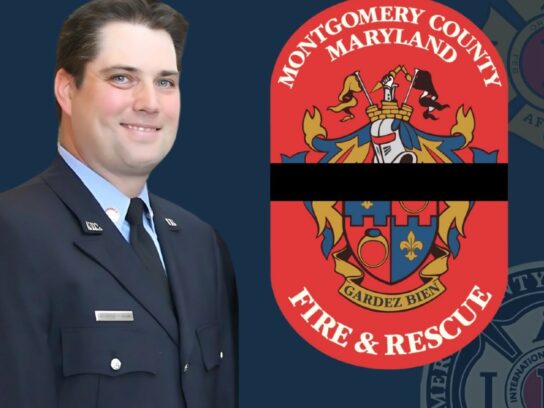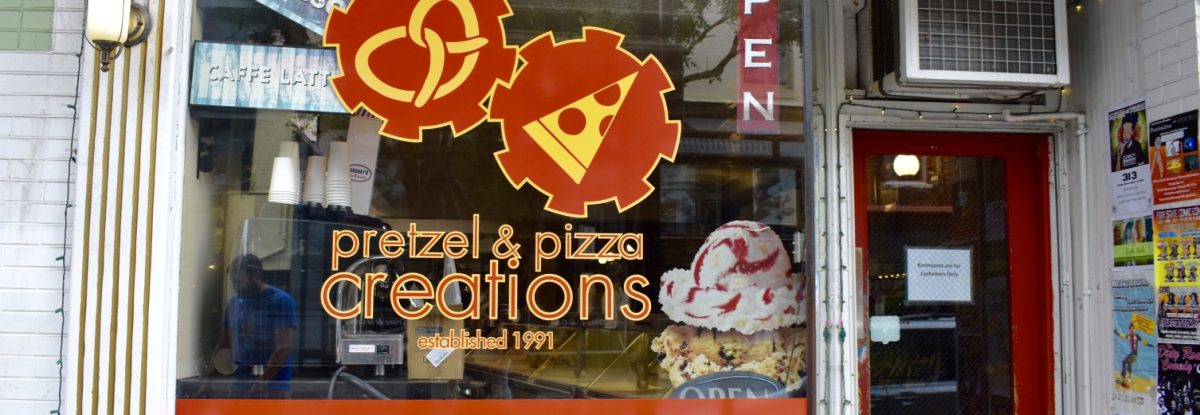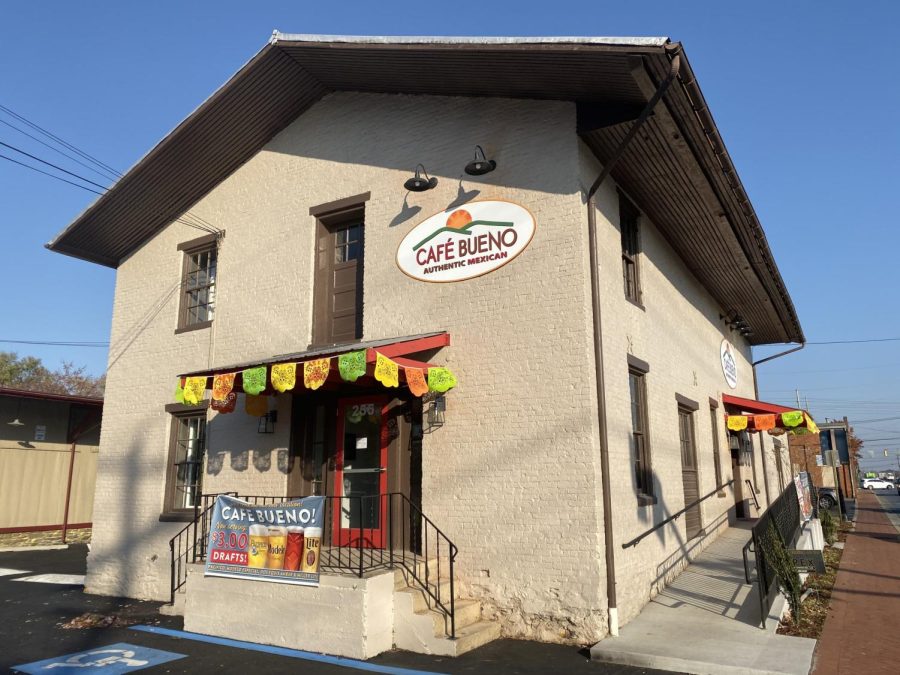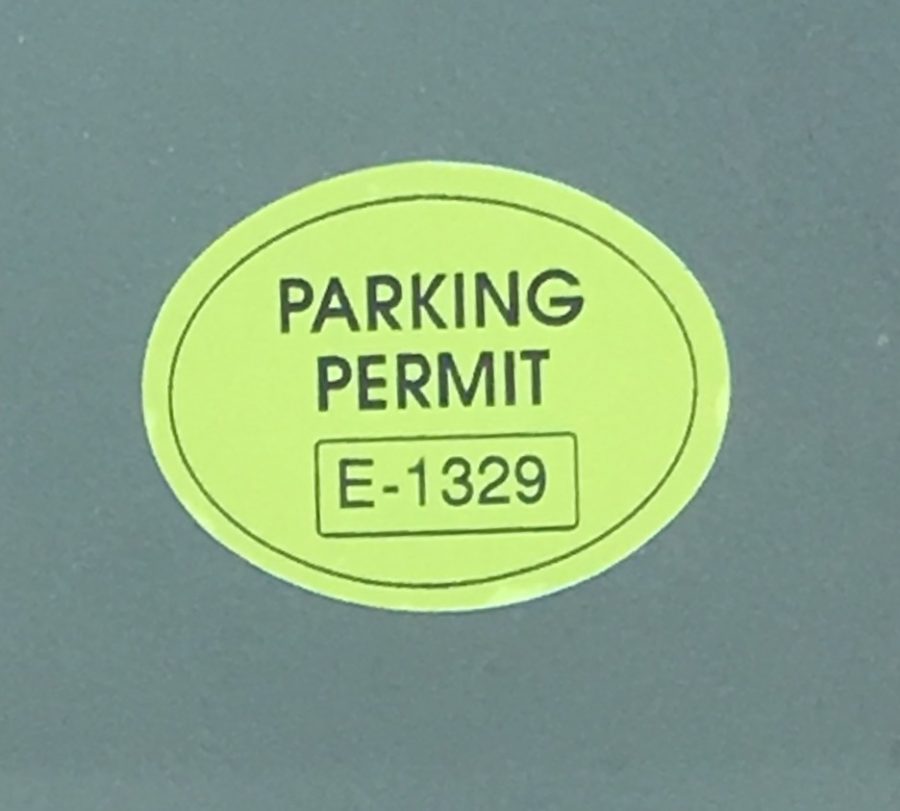Parking Permits… Why do we pay for them?
February 14, 2017
Have you ever wondered about parking permit fees here at THS? Many of us pay the fees because we want to take advantage of the privilege of parking here at school so we don’t necessarily question why we pay the fees or what the money collected from student parking passes is ultimately used for. We decided to do an investigative piece to follow where your money goes. Our primary research for this piece comes in the form of interviews with the front office staff, because they are responsible for collecting fees as well as issuing the permits. Through these inteviews, we were able to determine that all the money goes into a student fund which pays for a variety of things strictly benefiting the students at Tuscarora High.
The student fund is a supply of money that finances student expenses. Specifically, if a student’s family is going through a difficult time, administration can use a portion of the money to provide necessities, such as a school lunch. Or for instance, if a student can’t afford to attend a National Honors Society Conference the money can pay for that child, who otherwise wouldn’t have the means to go. Occasionally, the money will fund a lunch awarded to group students for an accomplishment of one sort or another and still other times, it can be used to help students who are living in poverty afford basic necessities such as warm coats in the winter time.
Although, the money goes toward a good cause it also raises a lot of controversy. Up until this year, a parking permit only cost $15, but the price has since increased $5. One parking permit that is valid all year costs $20, but if you don’t start driving until halfway through the year, you can buy one for $15, valid only second semester. Although a parking permit is required for use of the student parking lot, many students do not purchase a parking pass. The people we interviewed claimed that there are repercussions for not purchasing a pass, ranging in severity from verbal warnings, to fines, and ultimately to having an illegally parked car towed at the owner’s expense. We decided to see, for ourselves, just how effective these proclaimed disciplinary measures were at making sure kids aren’t parking illegally. What we found was a little shocking: on the first day we collected data, out of the 161 cars in the parking lot (excluding reserved spaces, staff cars, and visitor spots), 69 of those (43%) do not have a valid permit. A week later we collected a second round of data, finding 77 of 166 (46%) did not have parking permits. We interviewed a number of student drivers who admitted, on a condition of anonymity, that they had never received so much as a warning let alone an actual reprimand. If all of the students who haven’t paid for a parking permit paid the required $20 the student fund would increase by over $1,300. This is a significant sum of money that could benefit students in need.
Considering that the reason we pay for parking in the first place is to help our fellow Titans who are less fortunate, wouldn’t it be smart to make sure we have as many financial resources as possible for these students? And isn’t it also important to enforce the rules at our school? But, regardless of whether or not the people in charge of parking start doing more to prevent students illegally parking, as a student of Tuscarora and a member of our Titan family, if you haven’t bought a parking permit, after hearing what the money goes towards hopefully you will rethink your decision.





























